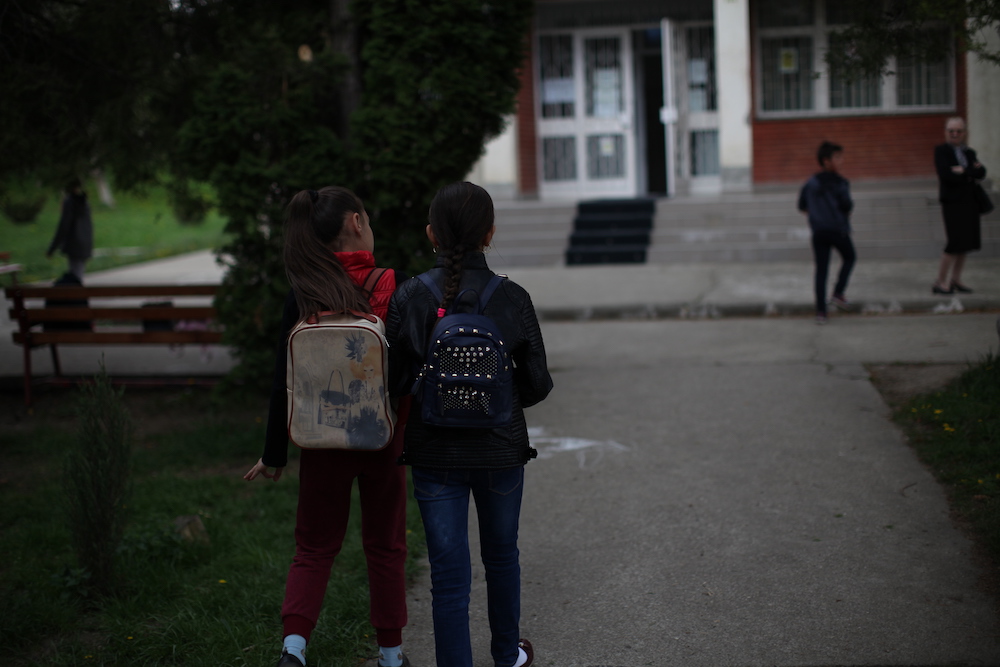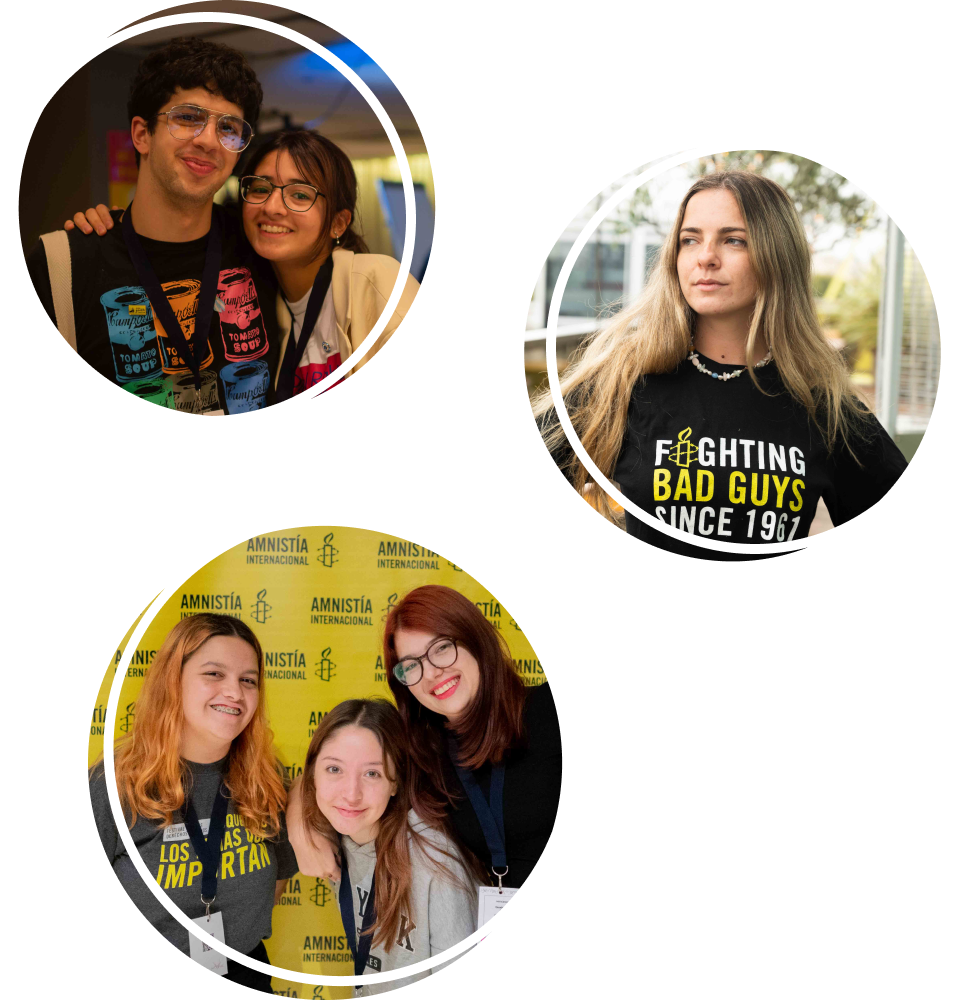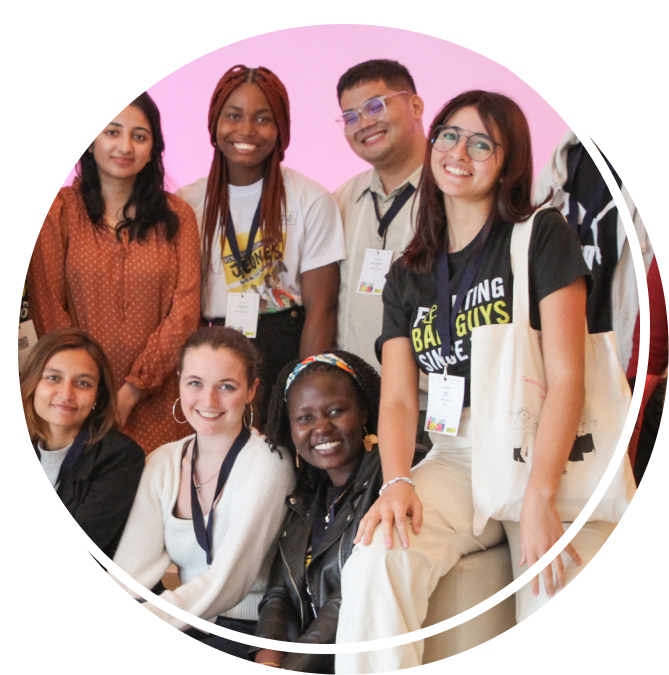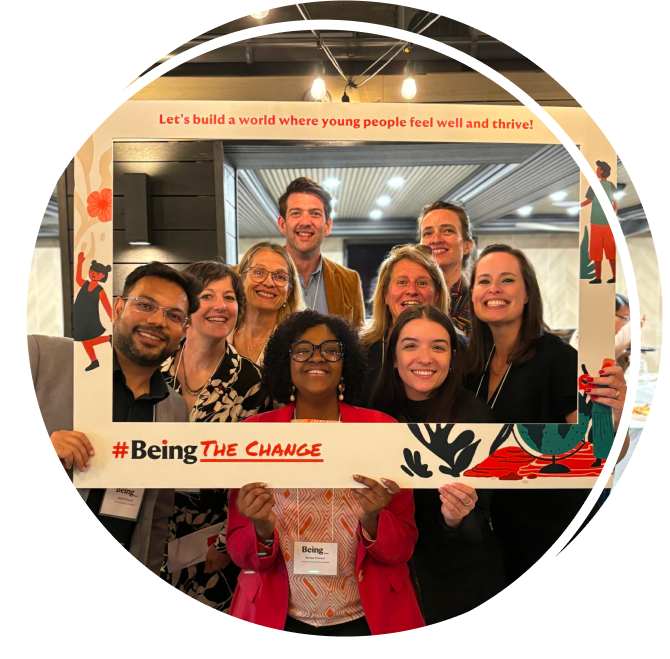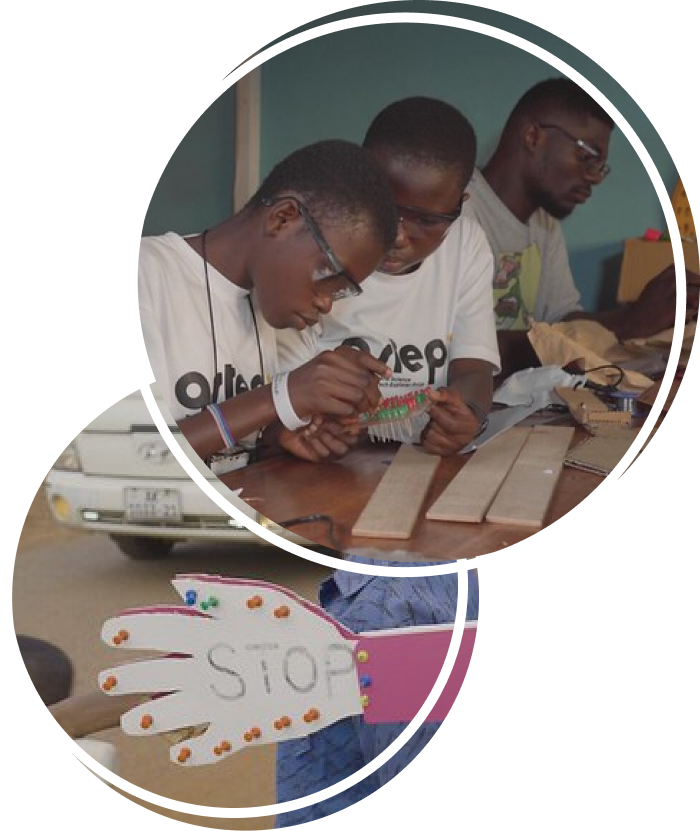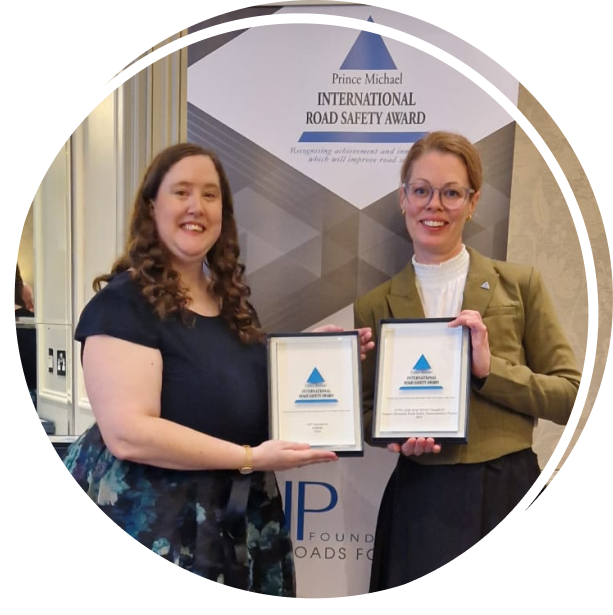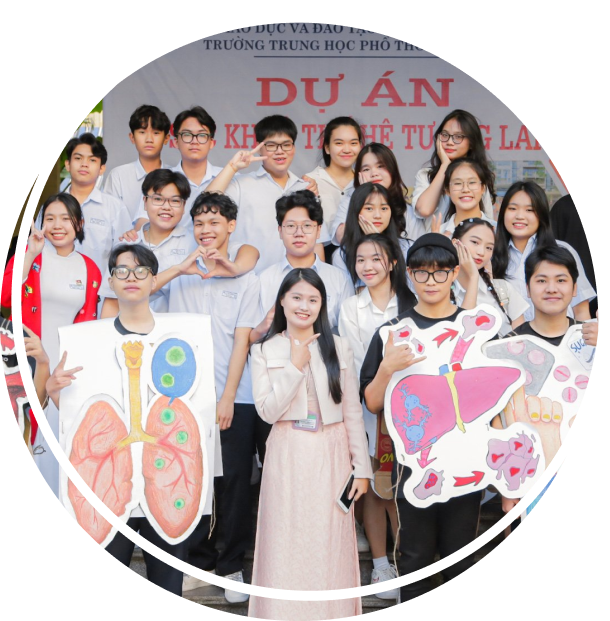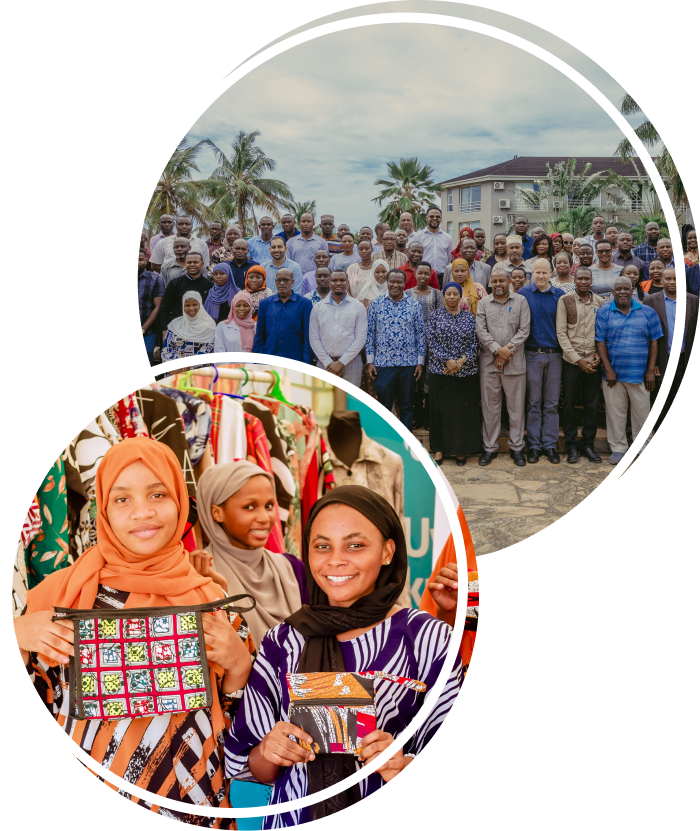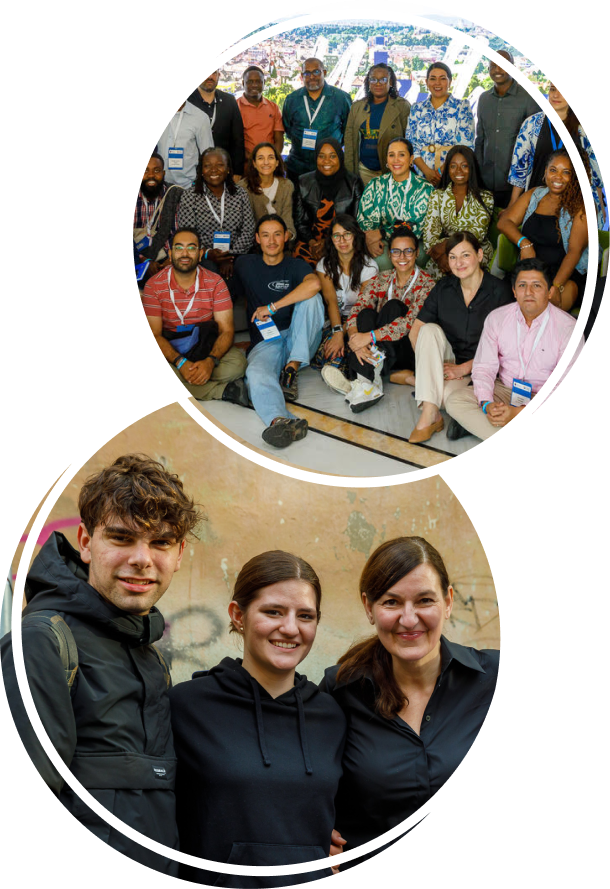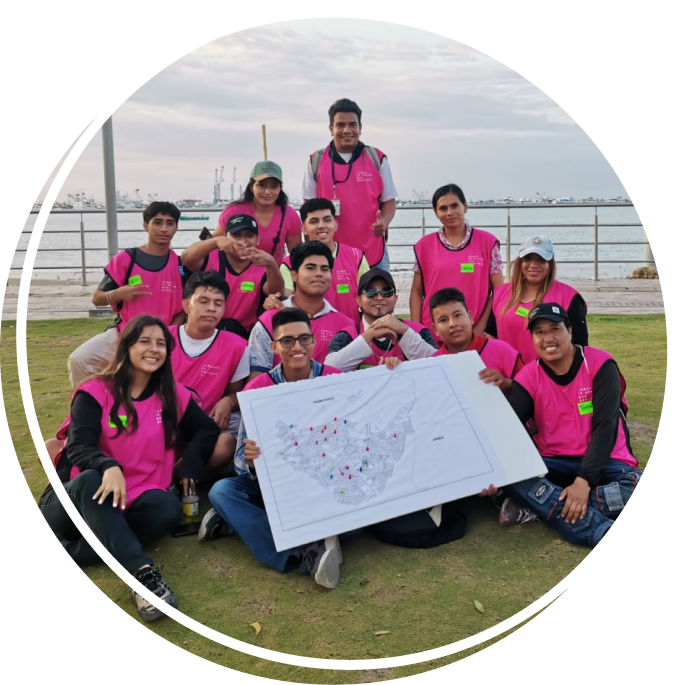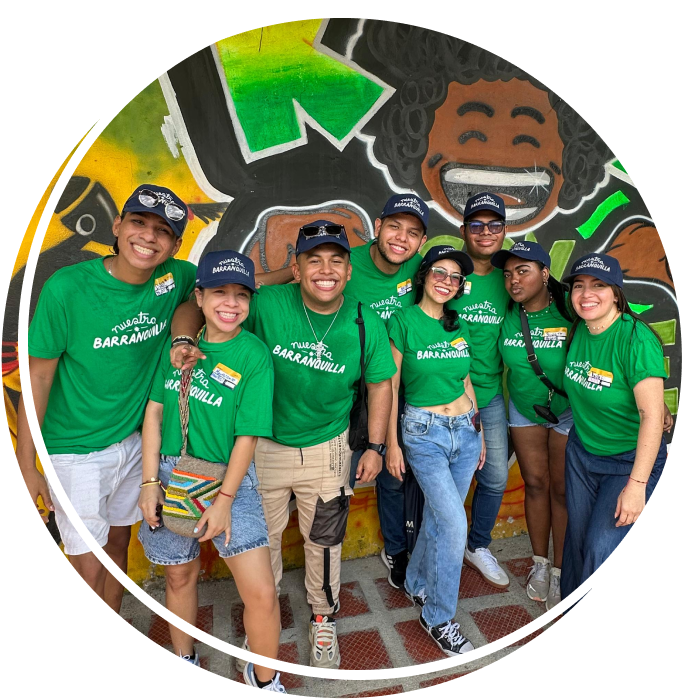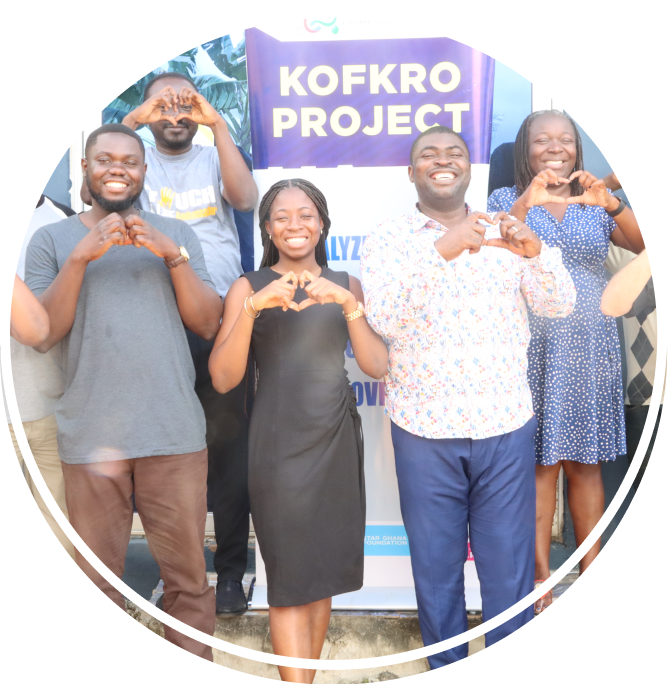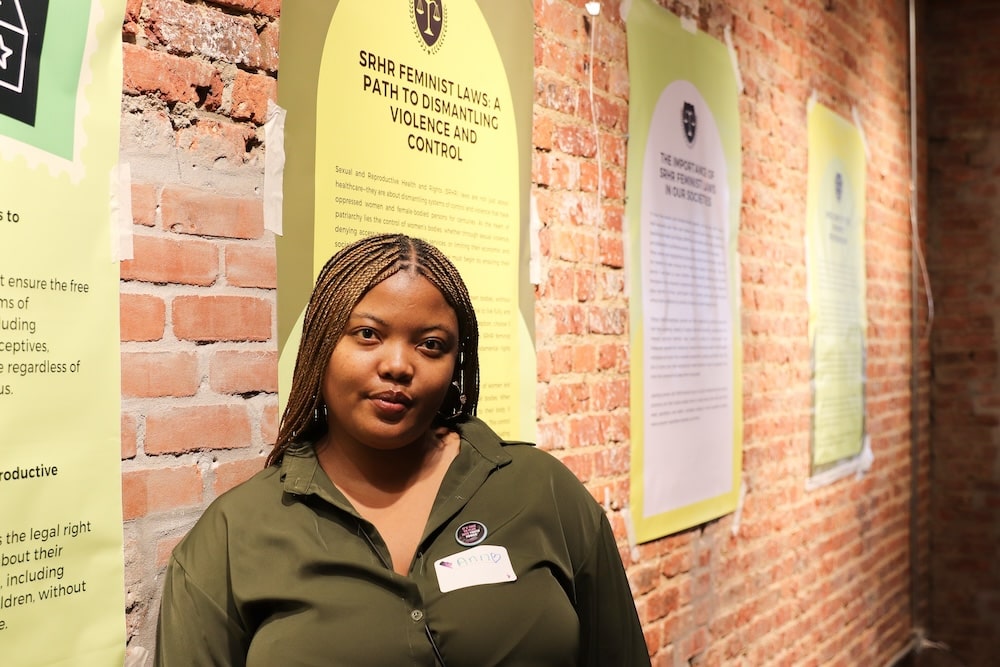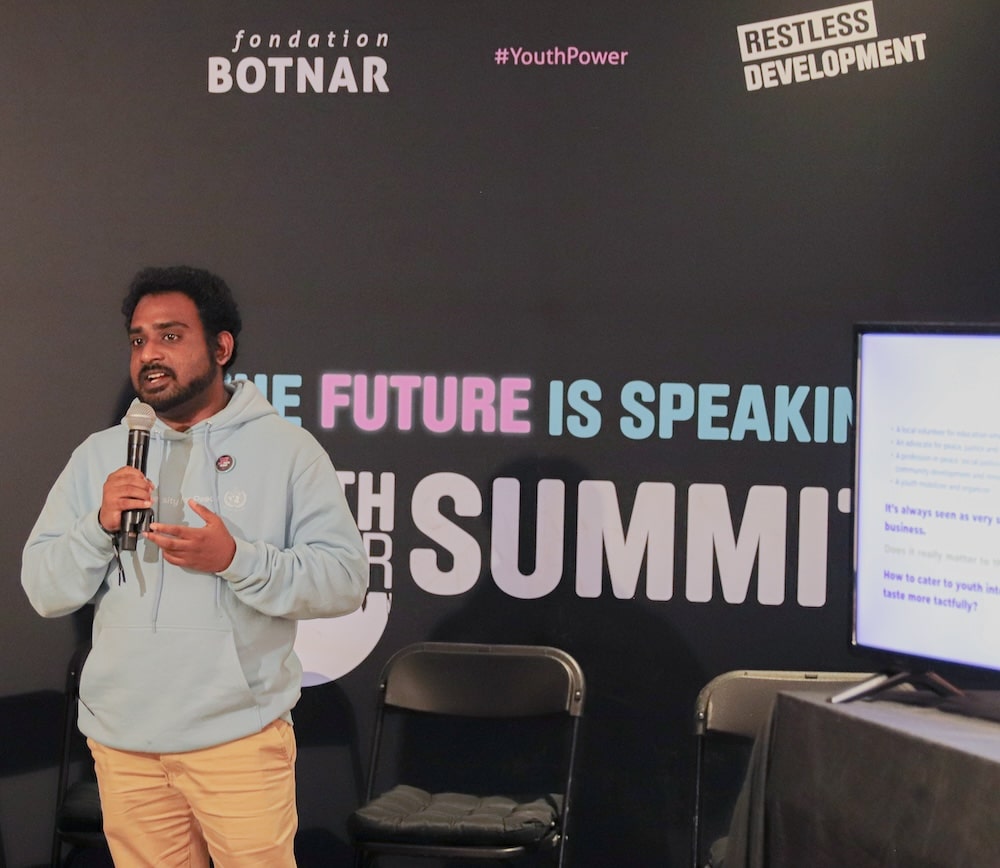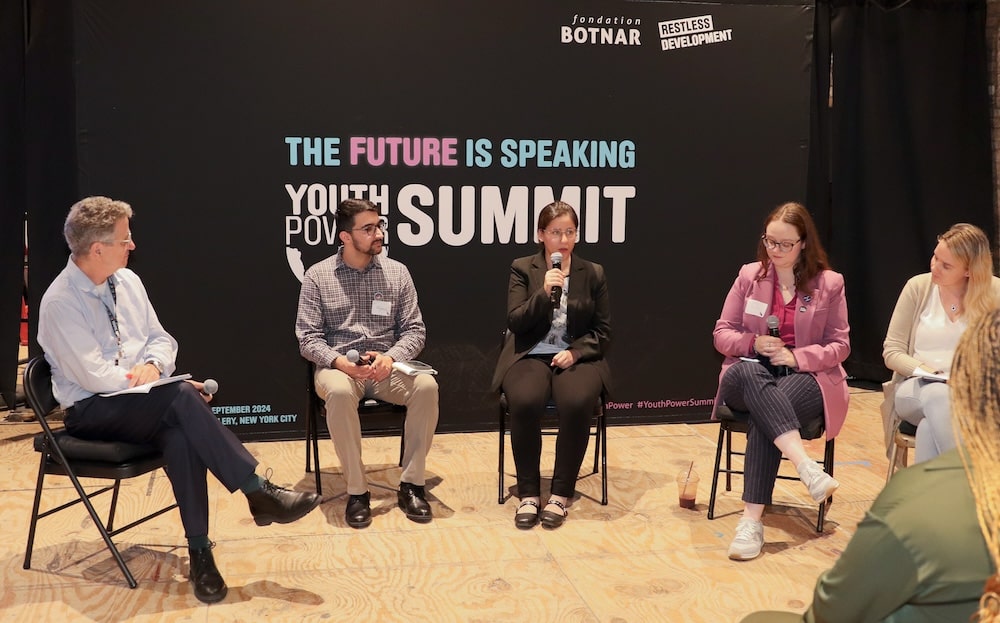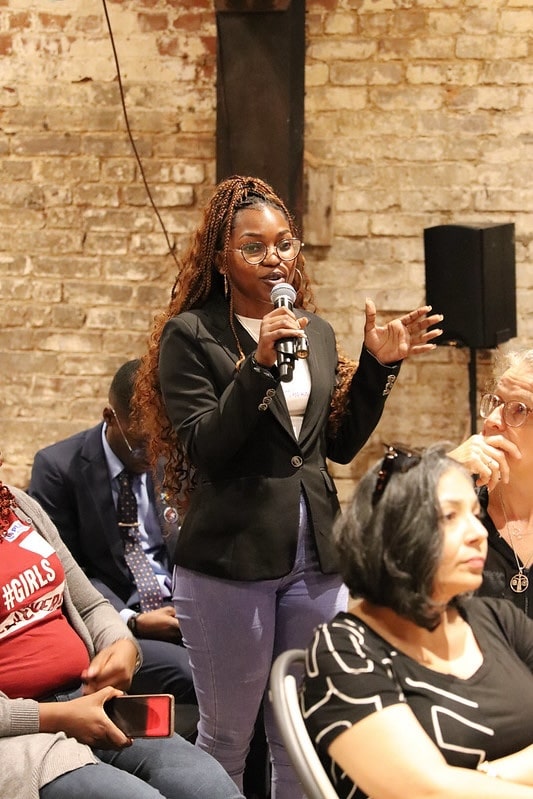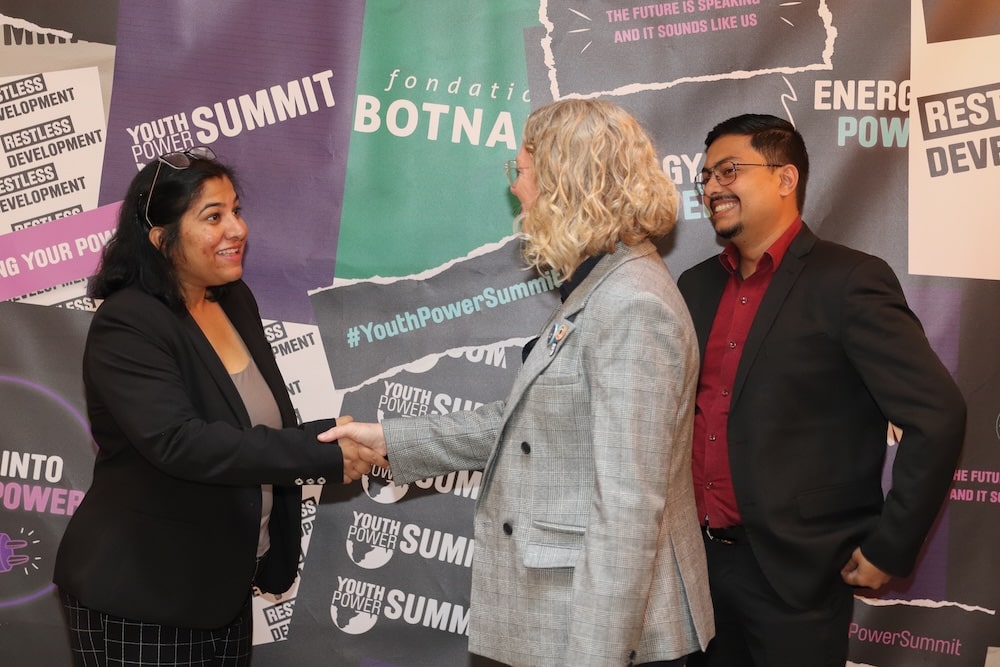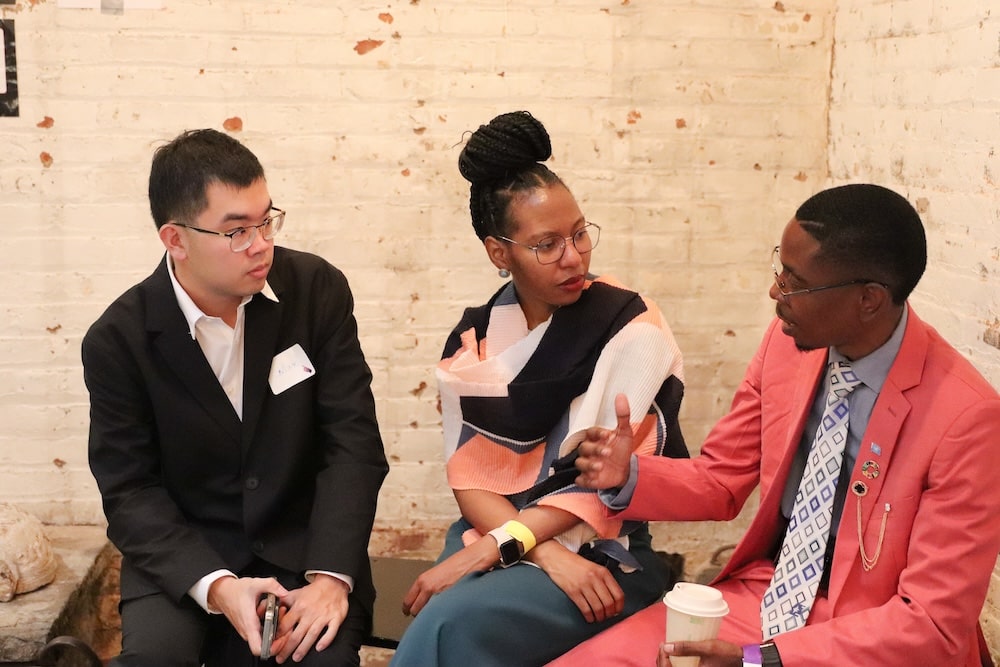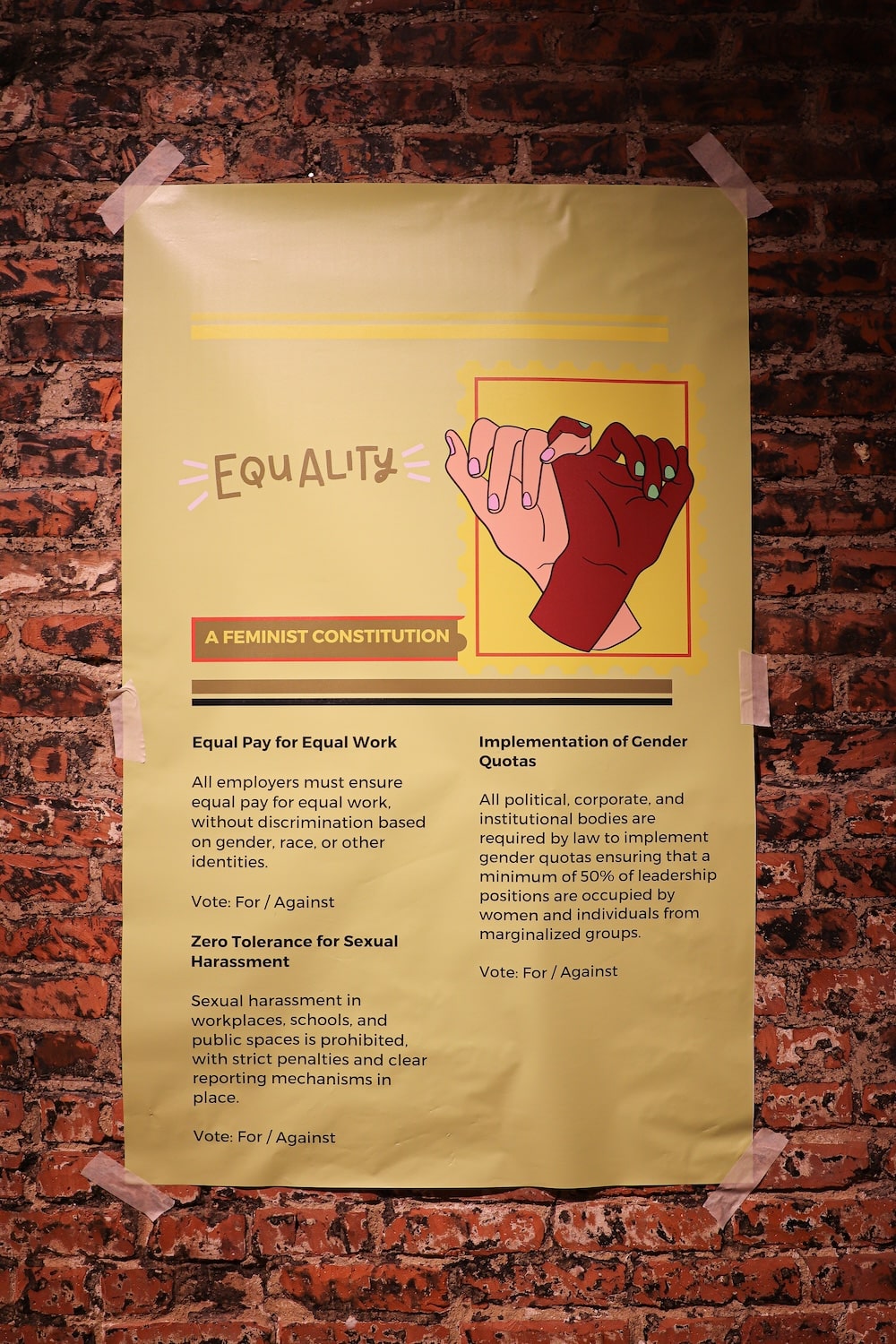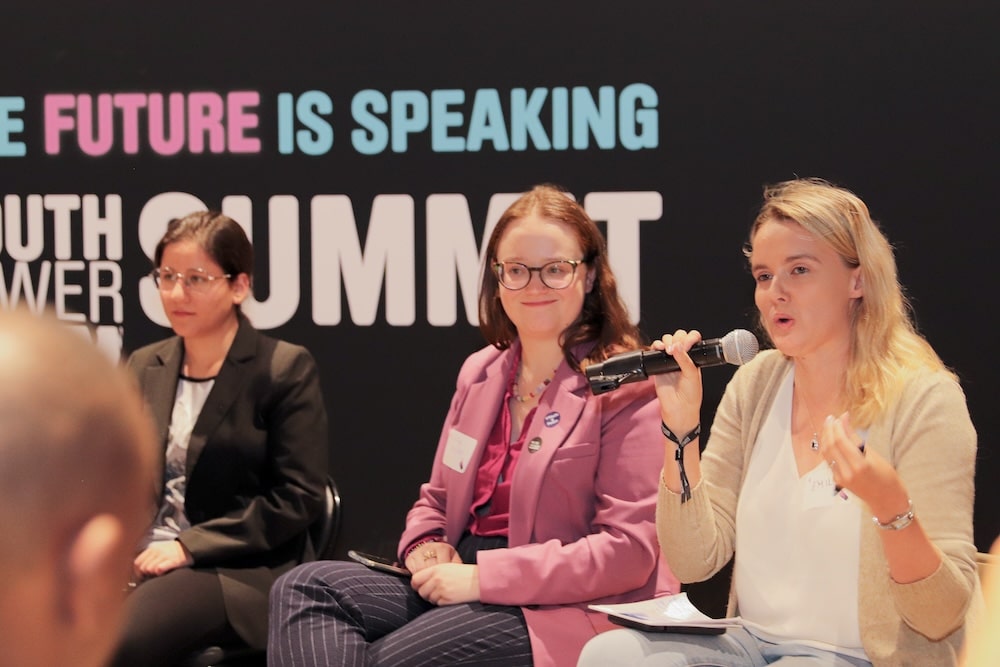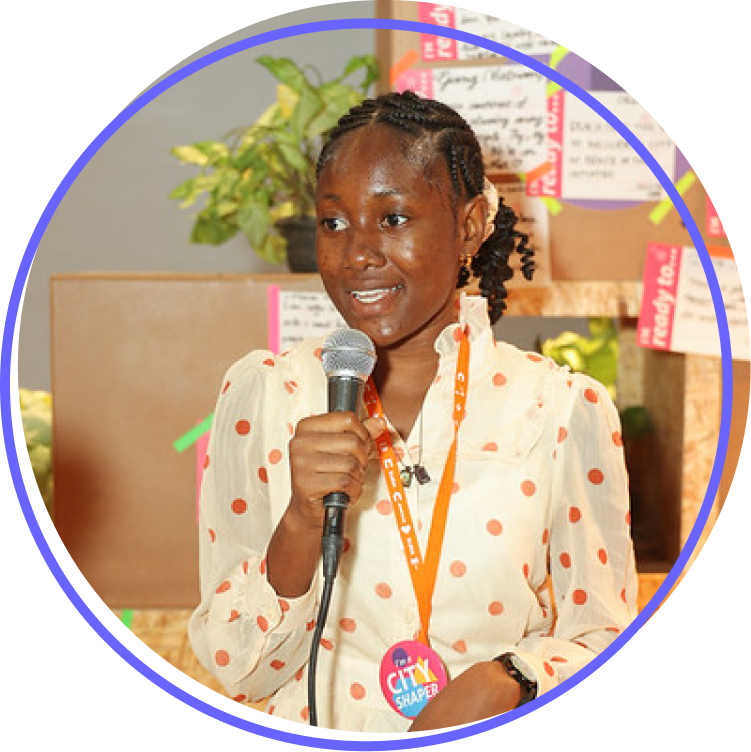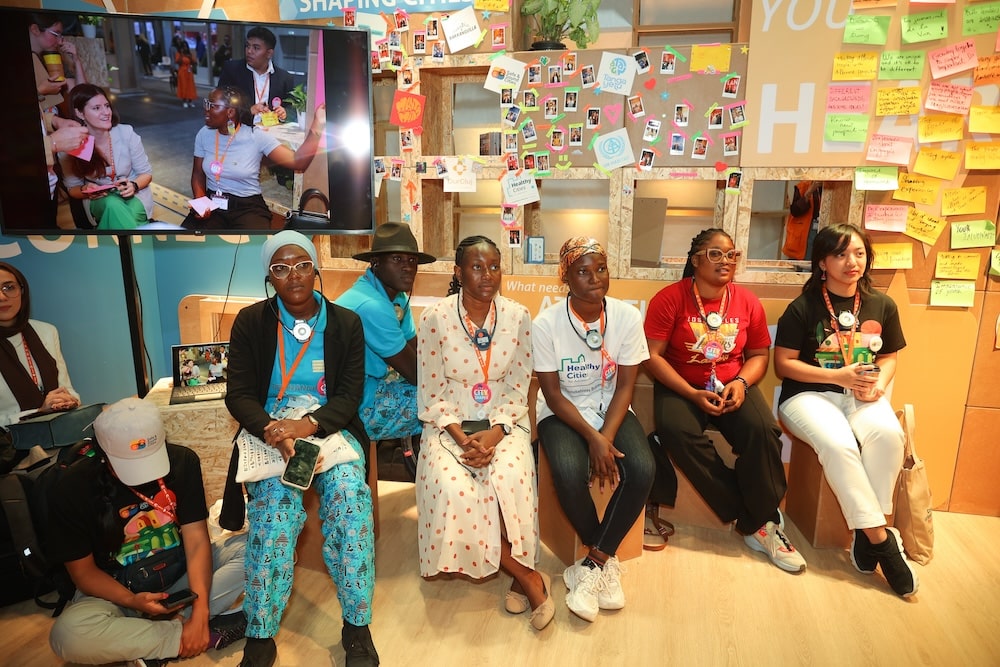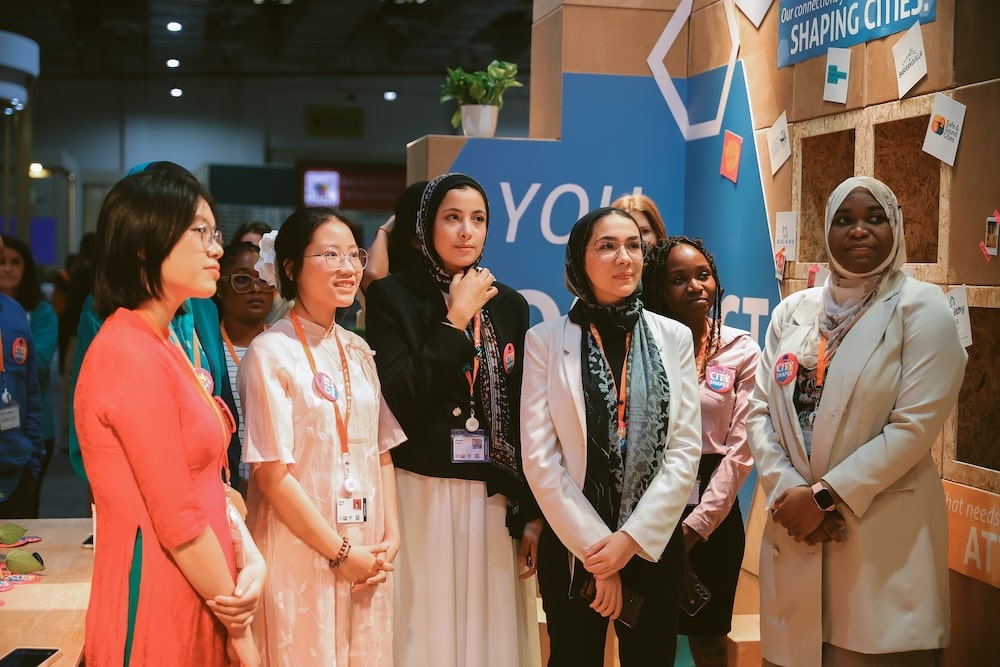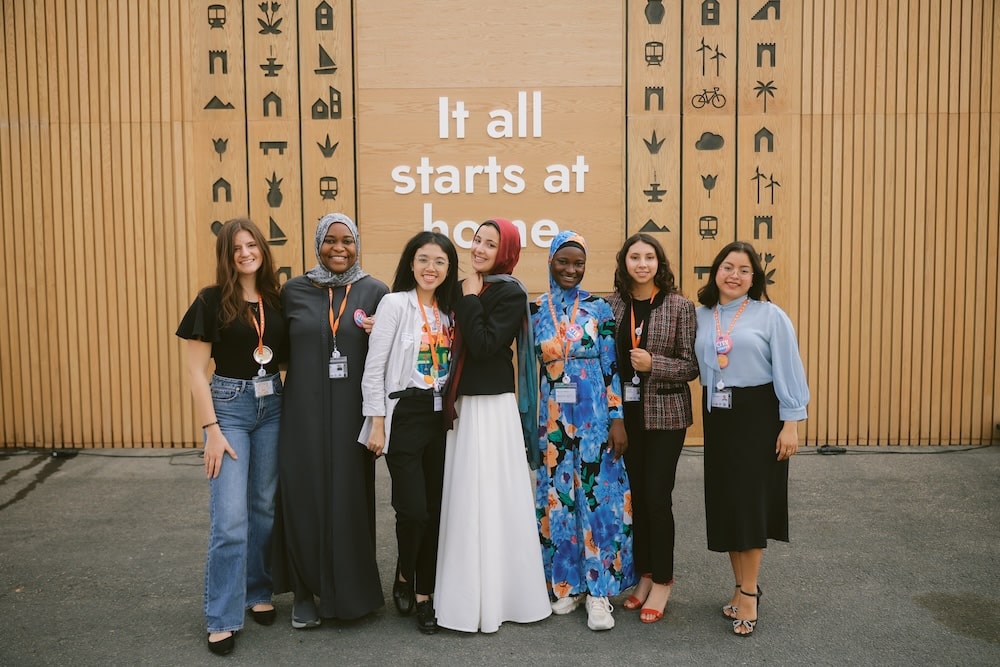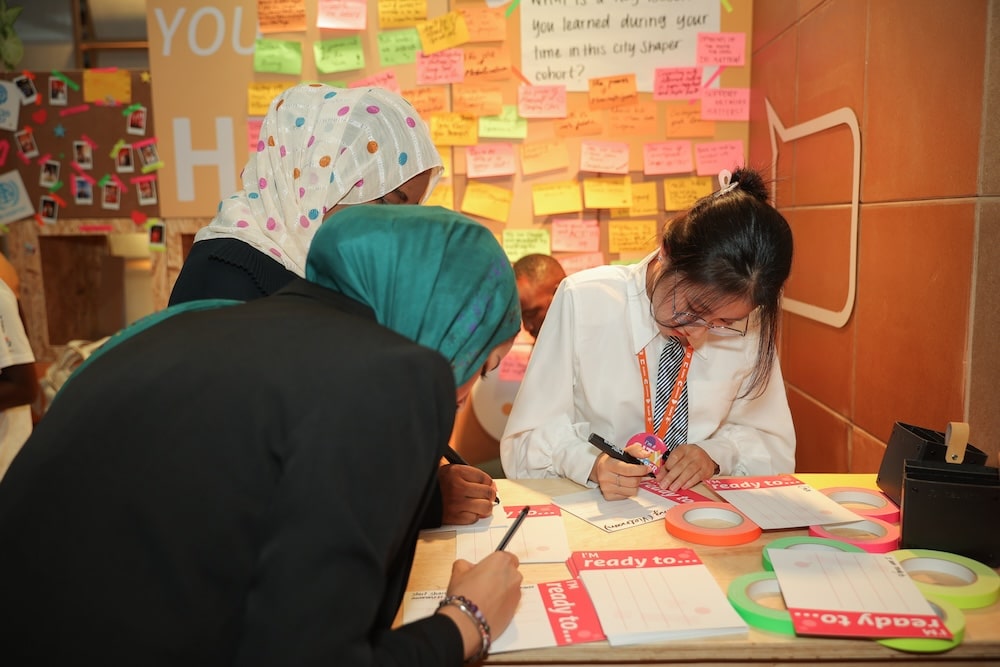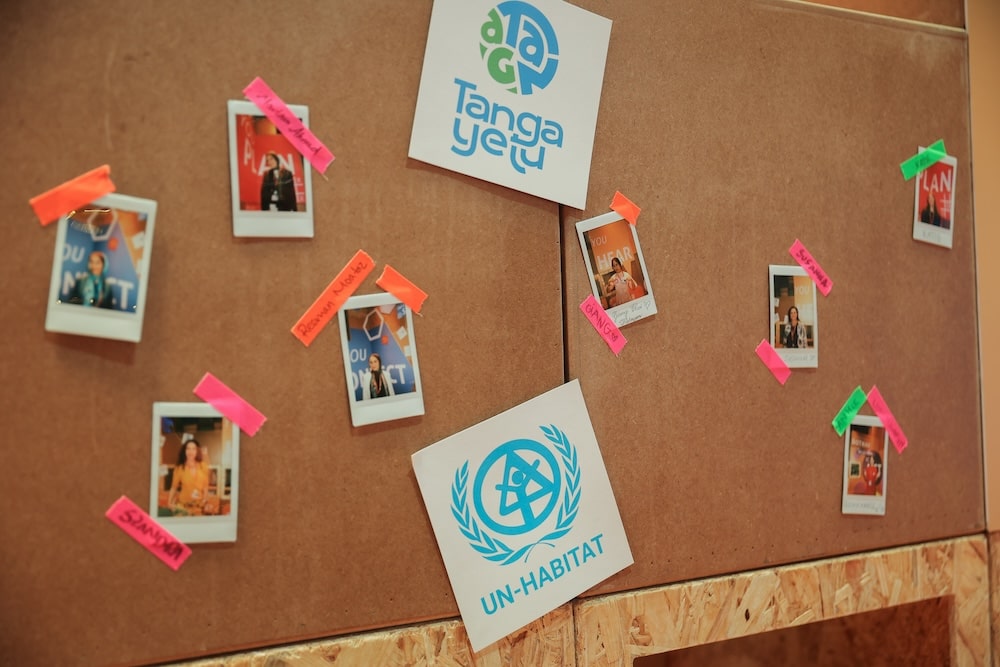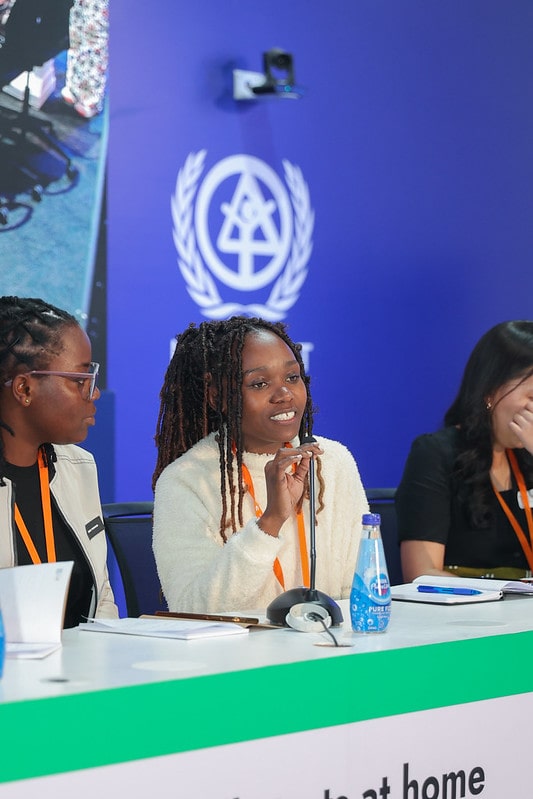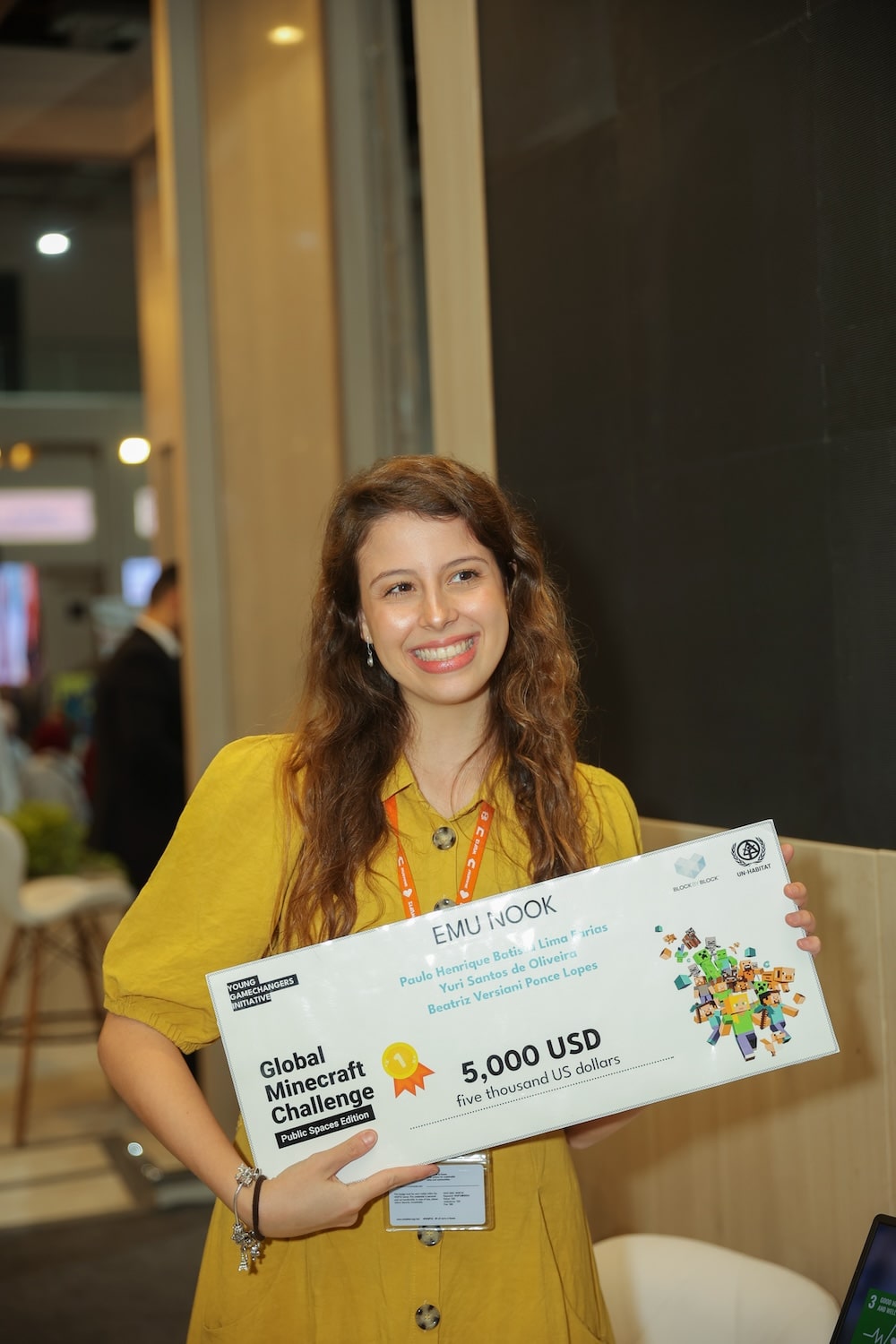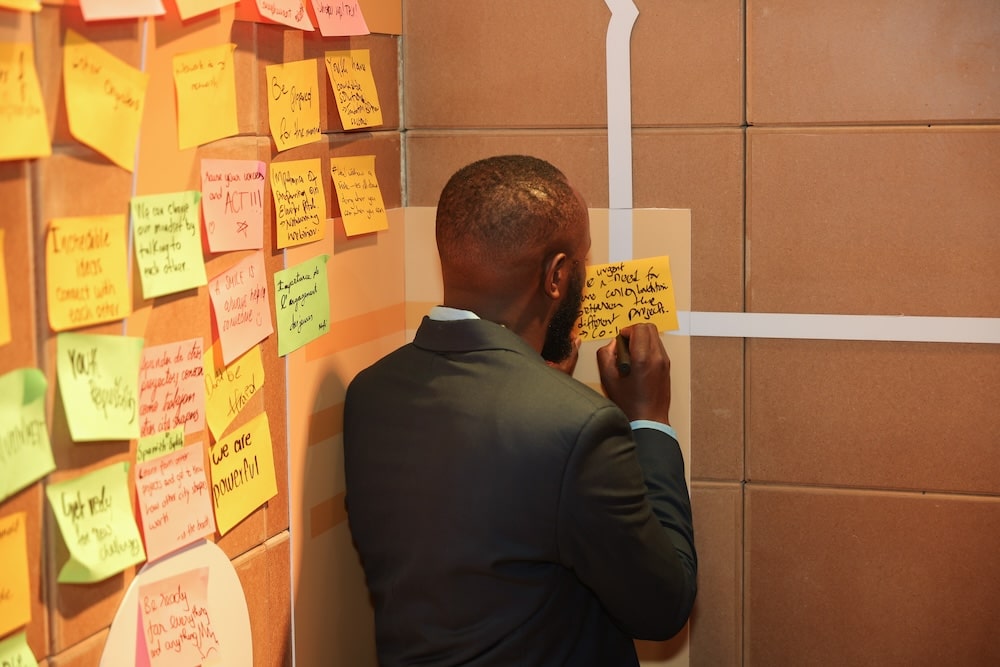Overview
Fondation Botnar contributes to a partnership run by UNICEF which aims to develop a scalable package of support measures for the vulnerable children.
Location
Bacău, Romania
Partners
The project is financed by Norwegian Grants, Terre des Hommes, UNICEF, Fondation Botnar, and other private sector funds.
Further Information
Romania has a declining population of around 18-19 million. Of this figure, around 4 million are children. Its economy is the fastest growing in Europe, and lots of issues have improved since the collapse of the communist regime – mortality has declined, mobility rates have steadily decreased, and education has greatly improved.
However, there are still large areas of disparity between various population groups throughout the country, resulting in a number of key issues still needed to be addressed. For example, Romania’s Bacău region rates amongst the poorest in Europe, where children, especially from Roma families, live in extreme poverty.
Fondation Botnar contributes to a partnership by UNICEF, Terre des Hommes and Norwegian Grants which aims to develop, together with Romanian government agencies, a scalable package of support measures for children and their families. More than 54,000 children benefit from our support.
Prior to the commencement of the project, local authorities didn’t know how many children lived in the region – which made it difficult to organise and plan resources. The project itself recruited community workers across the region and brought together three key areas: health, education and social support. One of the major components of the project has been the creation and distribution of a digital application called Aurora.
Community workers are now using this tablet application to maintain up to date information on the families and children with whom they work. The application comes with a thorough questionnaire that is filled out by both parents and children and subseuqently prescribes a package of services tailored to the family based on the inputted data. The questionnaire/census also benefits authorities from a top-level perspective by allowing them to gain a clearer and more up to date picture of the situation, allowing them to understand where resources need to be allocated.
